Everybody should study history, of course, not because it will prevent them from repeating mistakes from the past. Yet knowing some history gives greater perspective, enhances our appreciation of human possibility, and provides a sober reckoning with the realities of human injustice and cruelty. But why should we astrologers study our history?
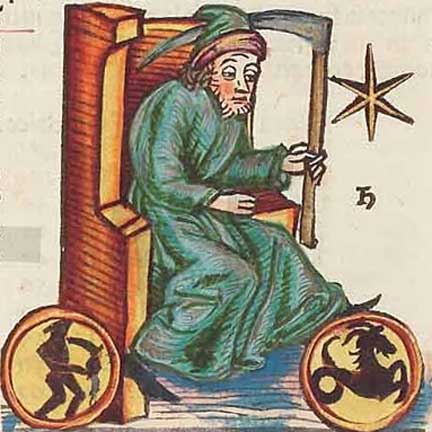
As Western astrologers, knowing our history allows us to understand better who we have been and what we have done. As I’ve written elsewhere, “Astrology is one of the great adventures of human civilization and has contributed greatly to people’s lives and to culture over time. This noble enterprise has spanned different cultures and historical periods and has had times of flowering and times of being on the fringes. Yet astrology has remained with us, always adapting to new conditions.”
How have conditions changed over the years and how have we adapted? Let me consider the ways.
Astrology Reflecting Culture and Thought
What are these different cultures within which people have practiced astrology? They range from flourishing empires to declining ones (Mesopotamia, Rome, the Abbasid Califate), independent (or semi-independent) regions in the Middle East, Spain, and Italy, upcoming world powers like the United States and peaking or worn-out powers in Europe. Within these cultures astrology has been influenced by Mesopotamian religious practice, Greek natural philosophy (what we call “science”), Aristotelian ethics, Platonic cosmology and neo-Platonic contemplative and magical traditions, system-building medieval Islamic and Christian culture, Western theosophy and Indian spirituality, Pythagorean and neo-Pythagorean number theory, modern archetypal psychological theory, and contemporary systems thinking. Through the centuries we’ve mirrored cultural concerns about fate, fortune, health and illness, sexuality and love, work and calling, flourishing in this world and transcending worldliness. If you think this paragraph contains too many compound clauses, that’s because our story is rich.
(Those of us who have studied or practiced Jyotish or Indian Astrology know full well how strong is the influence of the surrounding culture on both technique and style of interpretation.)

Part of any culture is its architecture, art and literature and they have become ways for us to understand astrology more profoundly. There is much art and architecture from the ancient, medieval, and Renaissance worlds for astrologers to savor. Literature ranges from a dire prediction in a poem about the Roman Civil War, to the planetary symbolism that pervades Dante’s Divine Comedy, to allegorical and predictive use of astrology by Chaucer. There is much to learn about astrology from some people who never were astrologers – although one must wonder about Chaucer.
From flourishing to being outcast, astrologers have always managed to mirror the times in which they have lived and practiced. Because we’re embedded in our own culture, we tend to judge our work – and that across centuries and cultures – from our own cultural viewpoint. If this occurs on a large scale, it only diminishes astrology’s possibilities now and in the future.
How We Practice Astrology

Rivaling the richness of our cultural heritage is the wealth of astrological technique. Some methods have disappeared from modern astrology but may be of historical interest. Some features of natal astrology have been reconsidered by contemporary astrologers, such as planetary sect, triplicity and other dignities, vicissitudes of applying/separating and reception, older house systems including whole sign houses, lots and planet/star co-risings. Predictive techniques such as decennials, profections, and zodiacal releasing also have been revived by some of our contemporaries.
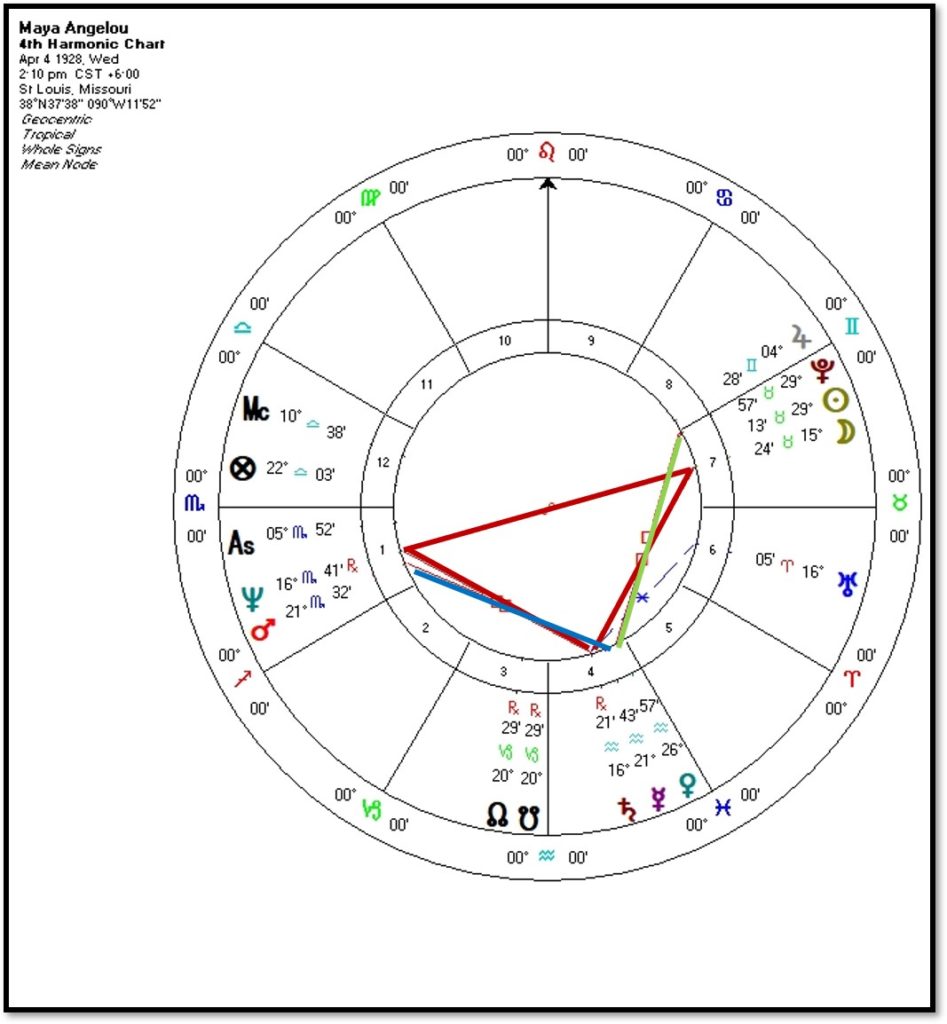
We also see how some familiar techniques have developed and changed over the centuries. Today’s astrologers must consider ways of thinking about and using aspects. We can trace the limited use of transits until its use exploded in modern times. The great uncles of today’s secondary progressions and solar arc directions are the many sibling methods under the hood of “primary directions.” Those of us who use solar returns (or “revolutions”) may be impressed by their antiquity and how they’ve changed over many years.
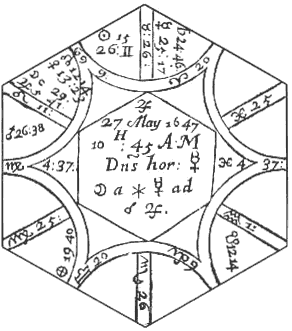
In addition to individual natal and predictive astrology, many of us practice horary, electional, or mundane astrology, all of which have broad historical backgrounds. Many of us stand on the shoulders of Abu Ma’shar’s mundane astrology and, of course, William Lilly’s Christian Astrology is a basic text for any horary astrologer.
We can also appreciate the continuities over time, particularly the symbolism of the planets. Although their applications have varied over the centuries, their basic meanings have stayed remarkably consistent, even with the introduction of the modern planets.
Don’t Be Overwhelmed
This is a lifetime of learning and there’s a need for some astrologers to pursue the many paths of scholarship in our field. Yet most of us live an active life of working with people and keeping up with what’s currently happening in today’s astrology world. Most of us have enough learning to do already! Yet it’s also important we all learn a little more about the history of astrological culture and technique.
Be Incremental
Knowing one thing well is much better than knowing many things a little, and this applies here. Your study of our history could begin with your interest in a specific time period: how about the Hellenistic Middle East, Late Antiquity, Medieval Spain or Italy, the Renaissance in Northern Europe, the English Civil War, or nineteenth century esoterism? Start with the cultural environment of an era or interest and look at the astrologers and their work.
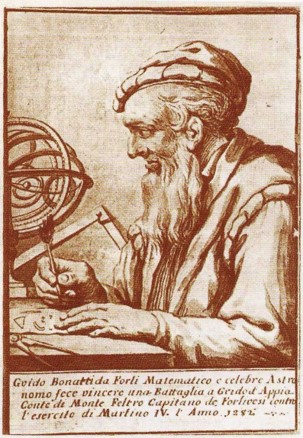
One could do this in reverse, beginning with an interest in a notable astrologer from the past or an interesting approach to astrology and move into the historical background of that. What does this approach or set of techniques say about the minds of people living during that period? Are there economic, political, or cultural circumstances reflected here, and how is that similar to or different from modern concerns?
The Journey Continues
I’ve done much writing toward these ends, covering astrological techniques in the ancient and medieval worlds and a book on the astrology in Dante’s Divine Comedy. I’ve taught many courses on the astrology of the ancient and medieval worlds; these days, teaching online, I’ve looked more at cultural and intellectual trends that have accompanied astrology. Much of this has been through Kepler College and this will continue into the future. Allowing for the fact of impermanence and the possibility of sudden ripening of my personal karma, I hope that I can continue this work well into the future,
Joseph Crane
August 2019

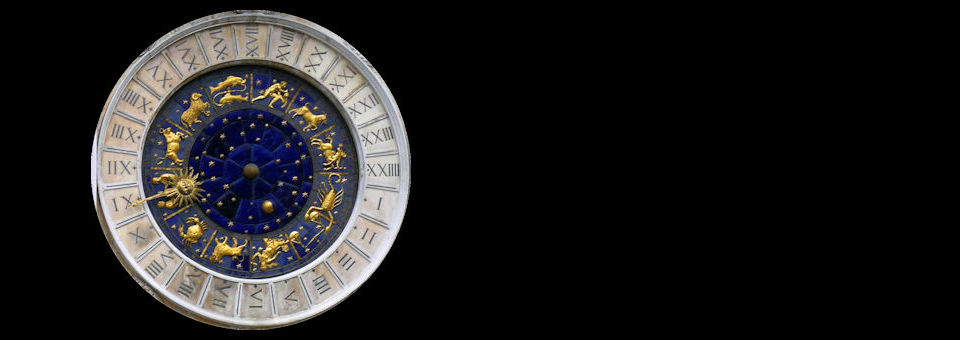
Happy Thanksgiving.
I’m really happy to say that your article has been very helpful to me. I am studying astrology from https://horo.io/ and appreciate the information that helps me delve deeper into this topic.